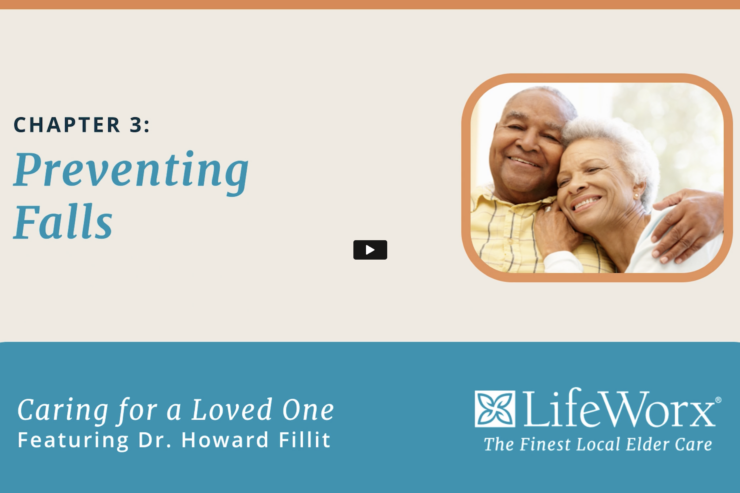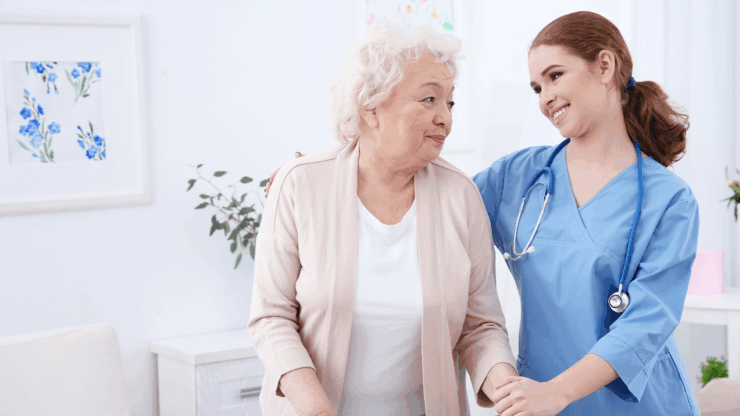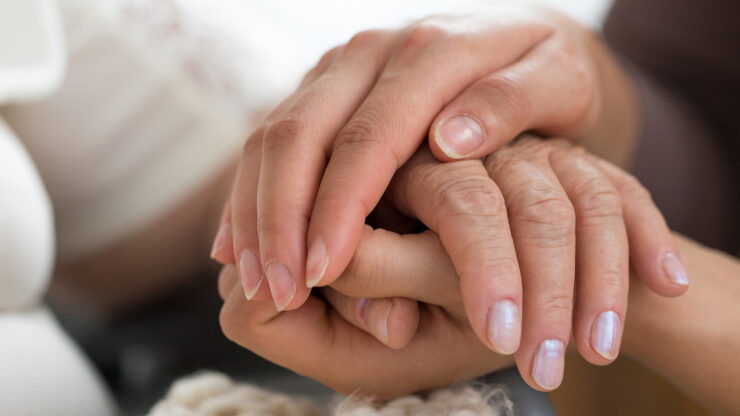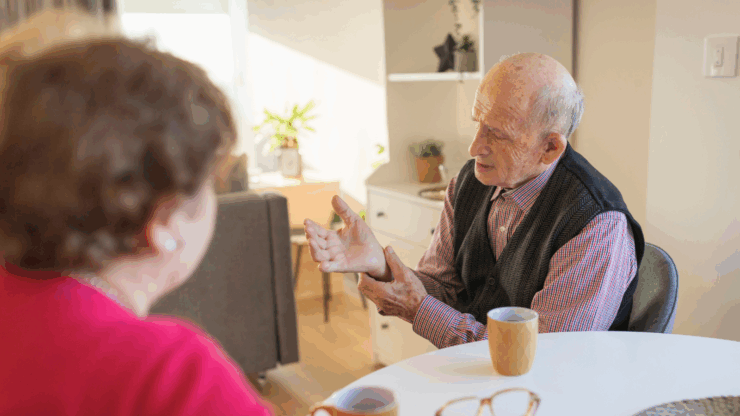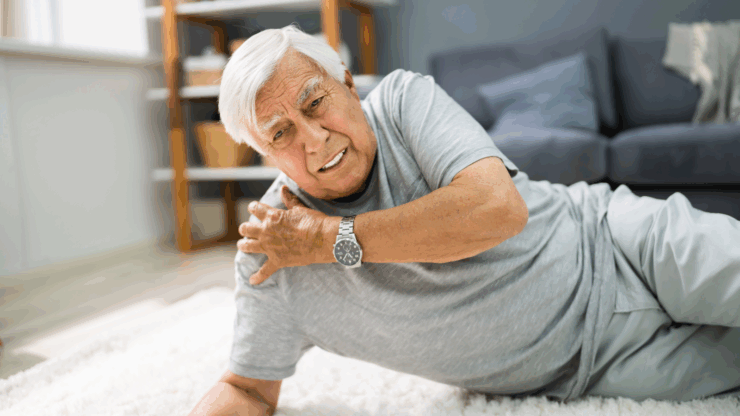
Elderly Fall Prevention
Key Takeaways
- Elderly individuals are more prone to falls due to weaker muscles, reduced mobility, vision issues, medication side effects, and environmental hazards. Recognizing these risks is vital for prevention.
- Exercises like stretching, arm/hip circles, squats, and leg raises improve balance, flexibility, and strength. Supportive footwear and slow posture changes also help maintain stability.
- Tools such as canes or walkers can enhance stability. Following medication instructions and addressing vision problems further improve safety.
- Enhance safety by clearing pathways, increasing lighting, securing bathroom areas with grab bars, and organizing spaces to minimize unnecessary movement.
- In-home care services provide trained assistance, ensuring safer environments and reducing fall risks while promoting independence.
The elderly population faces a heightened risk of falls, which can result from various factors. These include decreased muscle strength, reduced mobility, impaired vision, medication side effects, and environmental hazards. To effectively prevent falls, it’s crucial to identify and understand the physical and environmental factors that can increase one’s vulnerability. Taking proactive measures and making thoughtful adjustments to your surroundings and daily routines can significantly reduce your risk of falling.
Physical strategies
Engaging in light physical exercises on a daily basis can be incredibly beneficial when it comes to improving balance and flexibility. Here are some exercises our Director of Patient Services recommends for elderly fall prevention:
Stretching: Incorporating regular stretching into your routine can lead to improved mobility and a noticeable reduction in muscle stiffness, making movement easier and more comfortable.
Arm circles: This simple exercise helps to maintain shoulder flexibility and strength which is vital for performing daily tasks.
Hip circles: By rotating your hips, you can increase the range of motion and flexibility in the lower body.
Chair squats: Use a sturdy chair for support and practice squats to strengthen your legs and improve stability.
Leg raises: While sitting, lift each leg alternately to engage your core and improve your lower body strength.
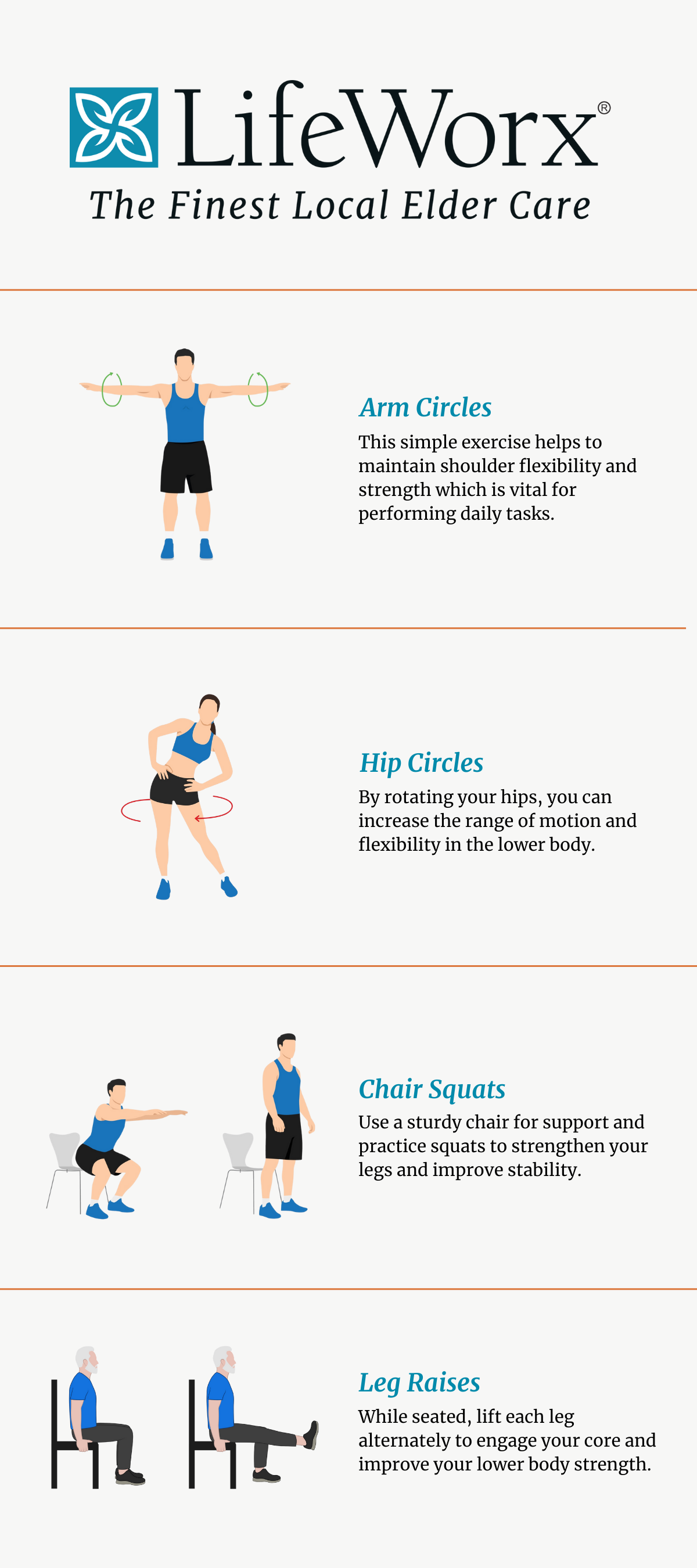
Environmental adjustments
Creating a safe and supportive living environment is equally important in fall prevention. Here are several practical suggestions from the LifeWorx Director of Patient Services to enhance home safety:
Clear walkways: Remove area rugs or loose wires that could cause tripping and ensure pathways are clear of clutter.
Organize doorways: Keeping doorways free from obstructions allows for easy movement and reduces the risk of stumbling.
Improve lighting: Brightening your home with lamps or replacing dim bulbs can enhance visibility, especially in areas that lack sufficient light.
Wet area safety: Bathrooms can be particularly hazardous. Consider installing non-slip shower mats, grab bars, and a shower seat to reduce the risk of falls in these slippery conditions.
Minimize movement: Before sitting down in a chair or bed, gather all necessary items within arm’s reach. This step minimizes the number of times you might stand up, lowering the chances of losing your balance.
Safety habits for stability
In addition to regular physical activity, adopting safe daily habits can greatly reduce the risk of falls.
- When moving around your home or when out in public, it’s important to wear supportive footwear, such as slip-in shoes with slip-resistant soles or non-slip socks, to prevent accidental slips.
- Take your time when changing positions, especially when getting up from bed or standing up from a chair, as sudden movements can cause dizziness or loss of balance.
- If weakness or difficulty walking is an issue, practicing with a cane or walker can provide additional stability and support.
- Taking medications as prescribed, preferably with food and water, can help mitigate potential side effects. If you experience any blurriness in your vision, it’s important to speak with your healthcare provider.
How in-home care services can help
Statistics reveal that every year, one in four older adults experiences a fall, with geriatric falls being more prevalent among individuals who don’t receive formal care. This is where LifeWorx in-home care services can make a meaningful difference. Our caregivers are trained to assist with daily tasks, helping to create a safer living environment and reducing the risk of falls. For instance, they can clear pathways at home, ensure that all areas are well-lit, and provide physical support as needed.
By becoming aware of the specific factors that contribute to the risk of falling, seniors can implement changes that can enhance their safety. These proactive steps can minimize the likelihood of falls, thereby paving the way for independence and peace of mind in their lives.
To help explain just how much of an impact falls can have on older adults, Dr. Fillit, who serves on the LifeWorx board, has created an informative video. His expertise adds an important perspective to this conversation, helping families and caregivers stay informed.
